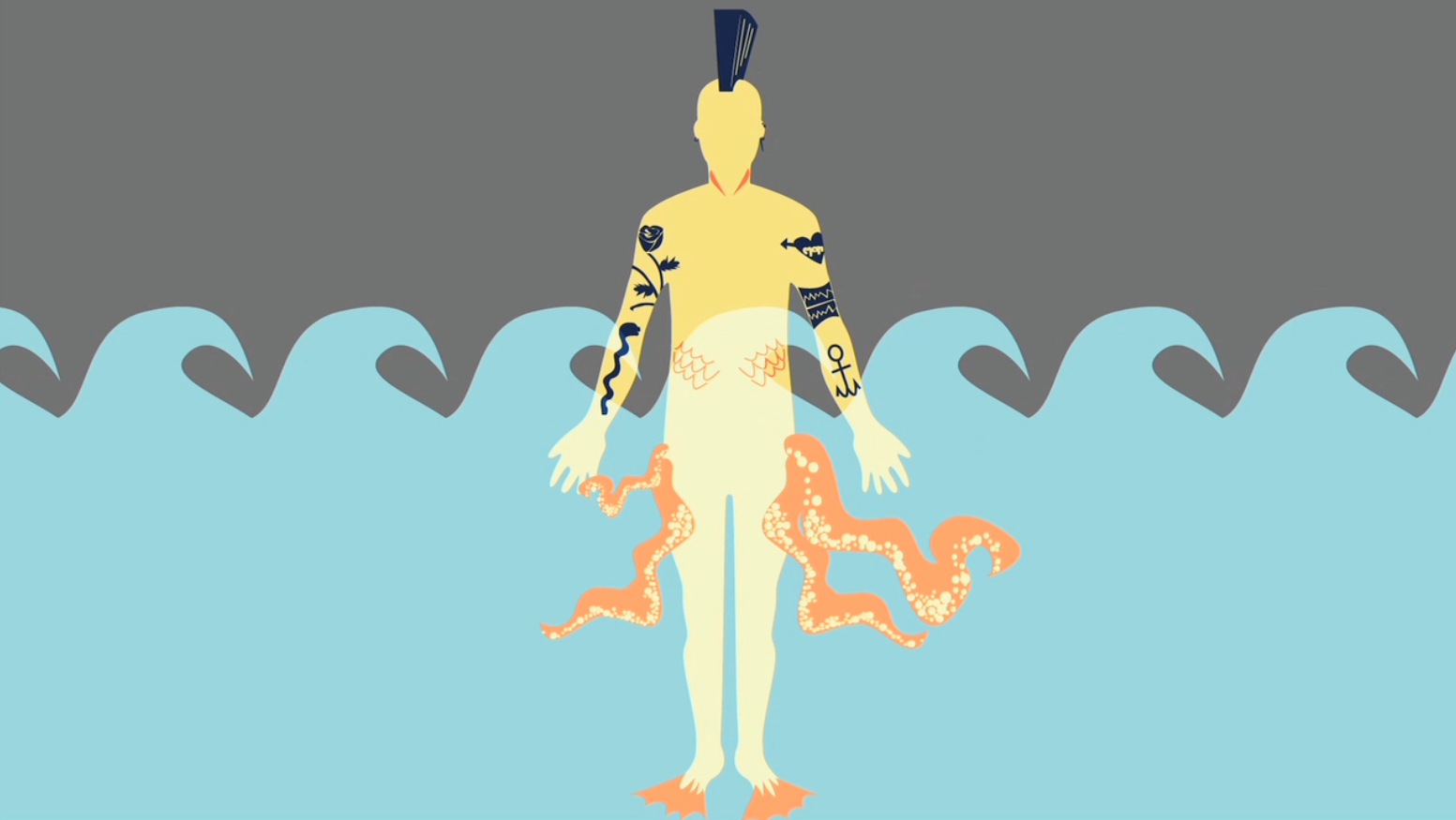DESCRIPTION
This film asks scientists from Harvard, Princeton and Duke University to imagine the future of science and technology and the scientific enterprise as a whole. We wanted to know where they thought the world was headed. Not in three, or five years, but in thirty, or fifty years. No one knows what the world will be like in 2050, because we haven’t built that world yet. And scientists and engineers won’t build it alone. The more powerful science becomes, the more important it is for society to change their relationship with science and engage in the conversation about what we value in this world.
DESCRIPTION
This film asks scientists from Harvard, Princeton and Duke University to imagine the future of science and technology and the scientific enterprise as a whole. We wanted to know where they thought the world was headed. Not in three, or five years, but in thirty, or fifty years. No one knows what the world will be like in 2050, because we haven’t built that world yet. And scientists and engineers won’t build it alone. The more powerful science becomes, the more important it is for society to change their relationship with science and engage in the conversation about what we value in this world.
TRAINING VIDEOS
OBJECTIVES
BIG IDEA
Our values shape how technologies are developed and adopted.
NANO CONTENT MAP
Nanotechnologies—and their costs, utility, risks, and benefits—are closely interconnected with society and with our values.
DOWNLOAD FILES
Credits
Museum of Life and Science
Developed for the NISE Network with funding from the National Science Foundation under Award Numbers 0532536 and 0940143. Any opinions, findings, and conclusions or recommendations expressed in this product are those of the authors and do not necessarily reflect the views of the Foundation.
Creative Commons Attribution Non-Commercial Share Alike 3.0 United States (CC BY-NC-SA 3.0 US).
View more details

NISE Network products are developed through an iterative collaborative process that includes scientific review, peer review, and visitor evaluation in accordance with an inclusive audiences approach. Products are designed to be easily edited and adapted for different audiences under a Creative Commons Attribution Non-Commercial Share Alike license. To learn more, visit our Development Process page.

